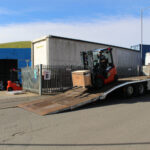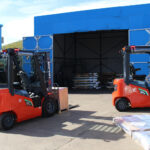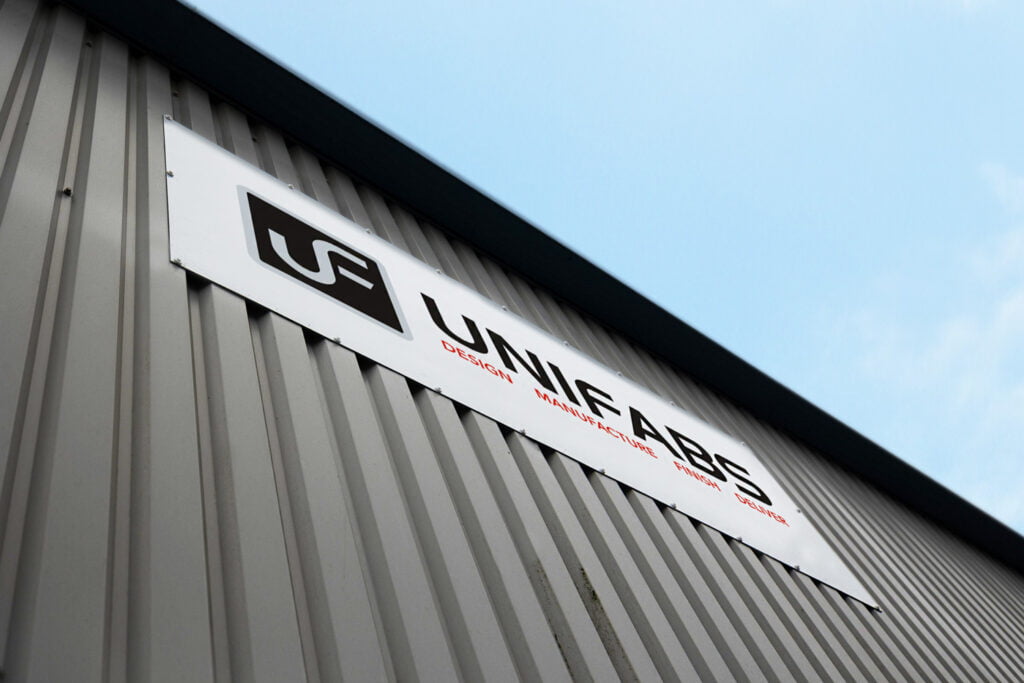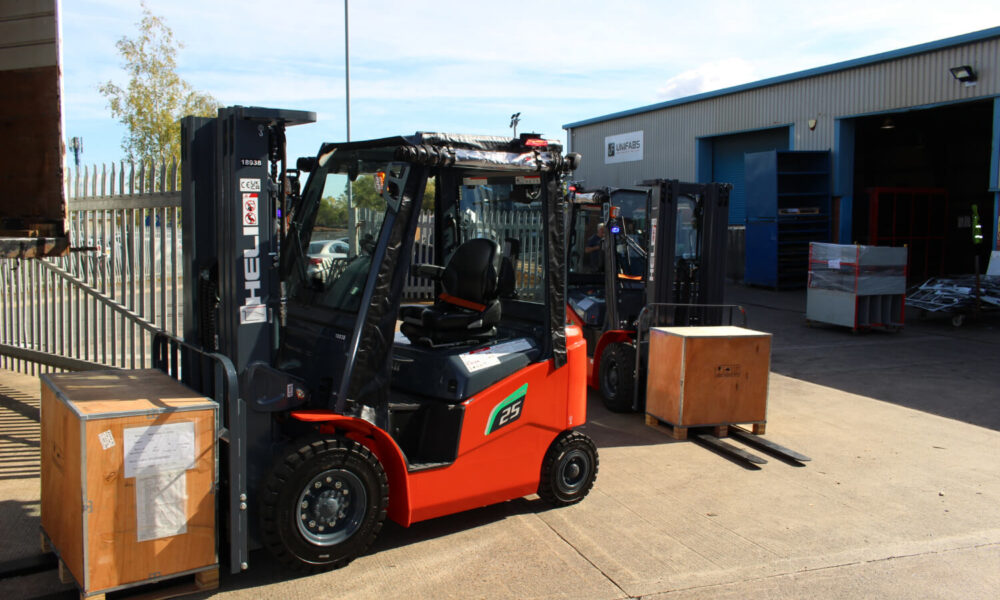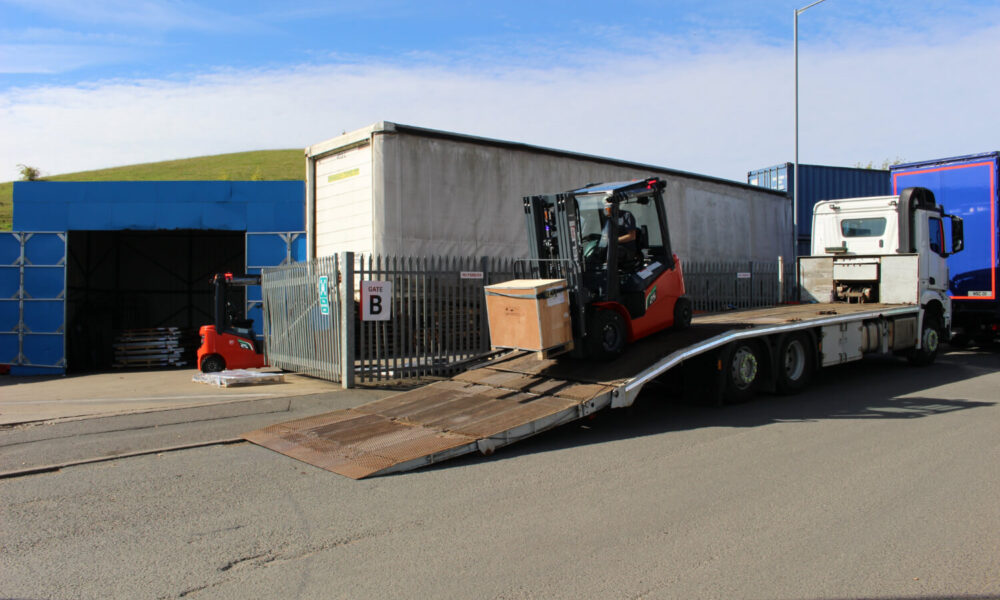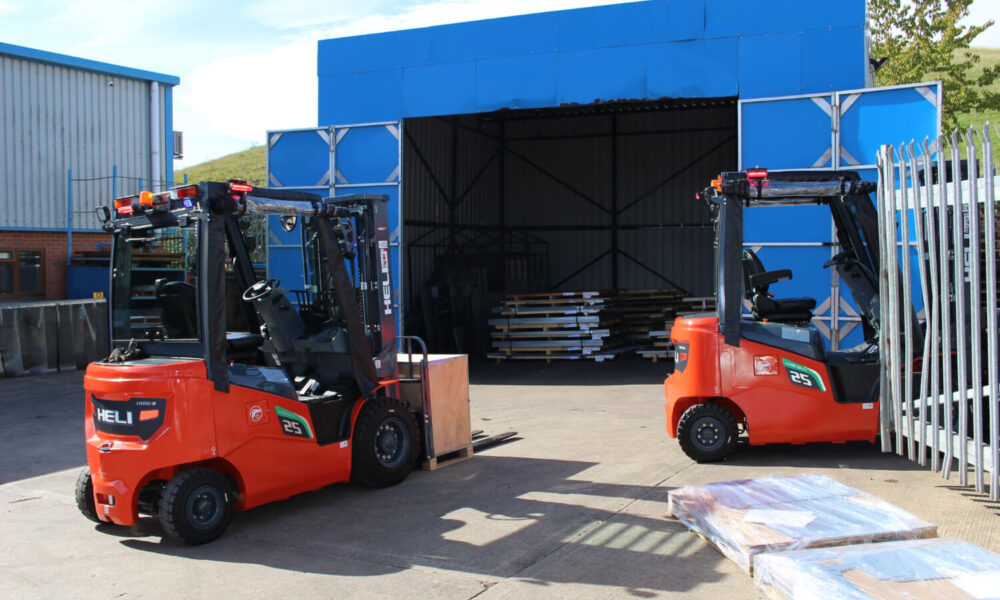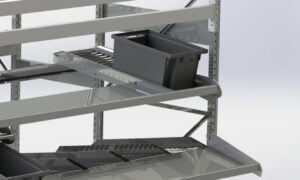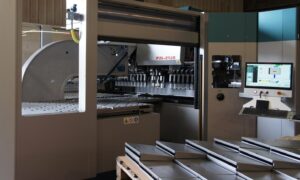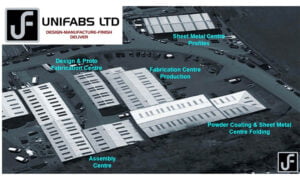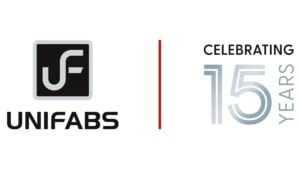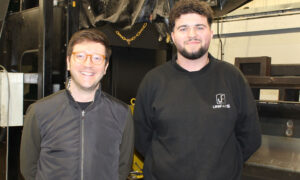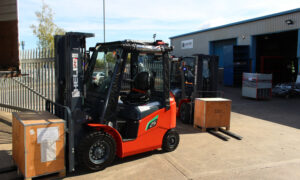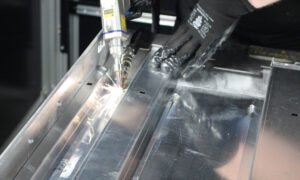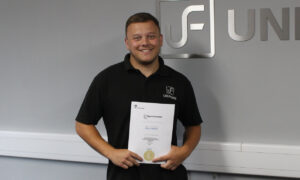At Unifabs, we are committed to reducing the environmental impact of manufacturing through practical initiatives that make a real difference. Our latest step is transitioning our forklift fleet from gas to electric. This switch will help us to operate more sustainably while maintaining efficiency across our seven manufacturing buildings on Haunchwood Park Drive, Nuneaton, UK.
Electric Forklifts in Action
We have been operating two Heli LI ion-M G2 25 electric forklifts across our sheet metal manufacturing units, and this week we saw the delivery of two more brand-new forklifts. A final two electric forklifts are on order and are due to arrive in the coming weeks. Once complete, all six legacy gas-powered forklifts will be fully replaced with new electric ones.
These forklifts, fitted with high-performance lithium-ion batteries, provide a range of operational benefits. They deliver zero local emissions, improving air quality in our yards. They require less maintenance thanks to fewer moving parts compared with gas engines, and they offer quieter operation, creating a more comfortable workplace. In addition, they provide extended runtime and rapid charging, enabling efficient, continuous operations, while ensuring reliable performance to meet the heavy-duty demands of sheet metal manufacturing.
Switching to electric forklifts is a clear way to reduce the environmental impact of manufacturing, cutting CO₂ emissions and fuel consumption while keeping operations running smoothly.
Part of a Broader Green Strategy
The transition to electric forklifts forms just one part of Unifabs’ wider commitment to sustainability. Alongside these vehicles we also have electric company cars, reducing emissions from our fleet. For deliveries we opt for recycled and recyclable cardboard, and reusable plastic totes where possible to minimise waste.
Alongside the above, solar panels installed in 2023 are helping to generate renewable energy on-site, further lowering our reliance on conventional electricity and cutting overall carbon emissions. By combining electric vehicles with renewable energy and other energy-efficient practices, Unifabs is actively working to reduce the environmental impact of manufacturing while maintaining the high standards of service and efficiency our customers expect.
Environmental Benefits in Numbers
Based on operational data for our forklifts, we will save approximately eight 18 kg bottles of gas per week. This adds up to roughly 7.49 tonnes of LPG per year. Using a standard emissions factor for LPG, this equates to around 22.5 tonnes of CO₂ avoided annually. This is a substantial reduction in our site emissions and a clear contribution to reducing the environmental impact of manufacturing.
These savings, combined with our other green initiatives, reinforce our commitment to cleaner, more sustainable operations across our sheet metal manufacturing sites.
Why Sustainable Manufacturing Matters
Manufacturing is inherently energy-intensive. Processes such as laser cutting, bending, and welding consume a significant amount of electricity and produce emissions. By investing in modern equipment and renewable energy, we are taking proactive steps to reduce the environmental impact of manufacturing, while maintaining high standards of service and productivity.
The switch to electric forklifts is an exciting step in our sustainability journey. At Unifabs, we are committed to continuous improvement. We explore every opportunity to innovate and reduce our environmental footprint — one forklift, solar panel, and vehicle at a time.
Learn more about our sustainability commitments here: Unifabs CSR
